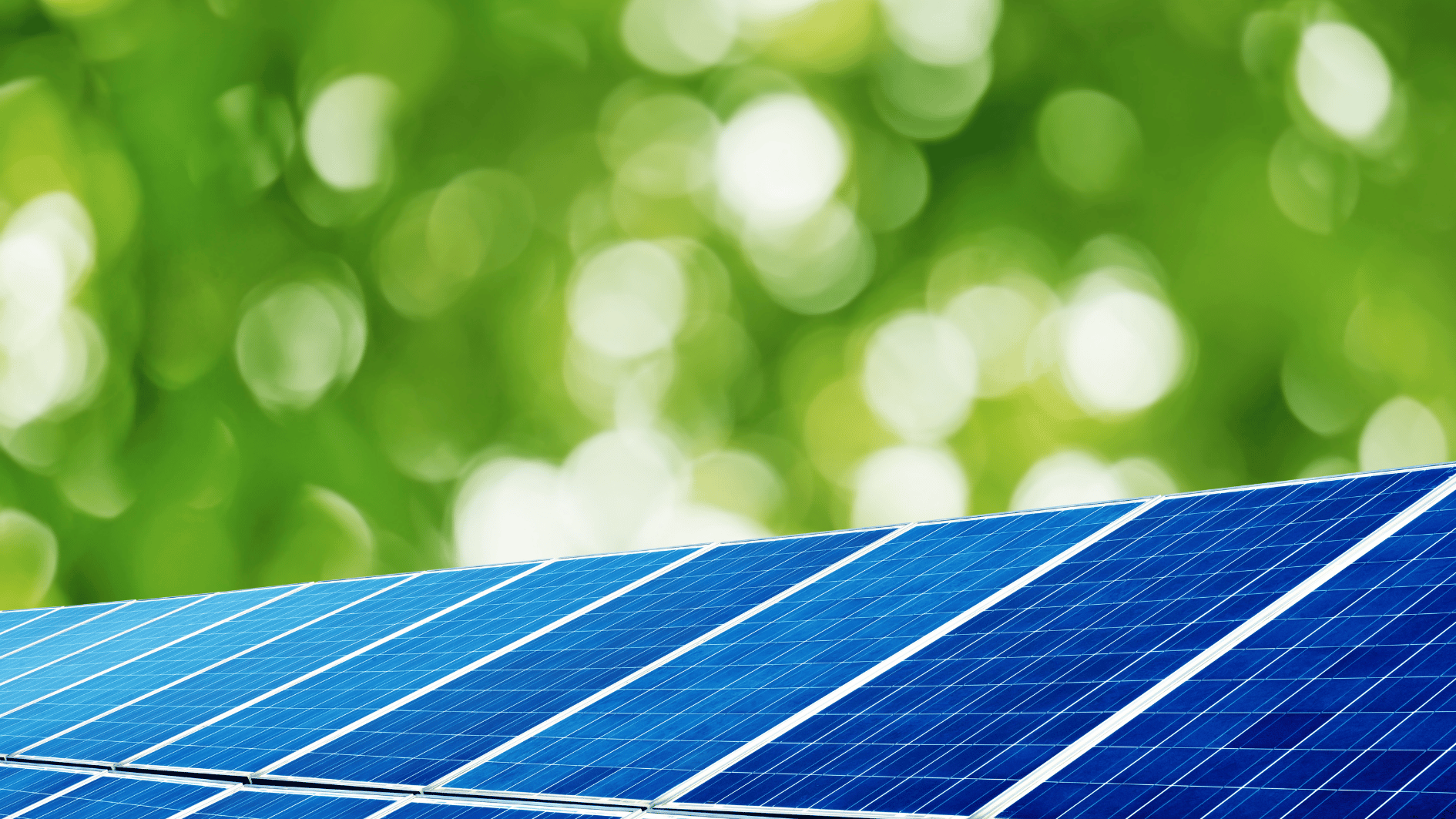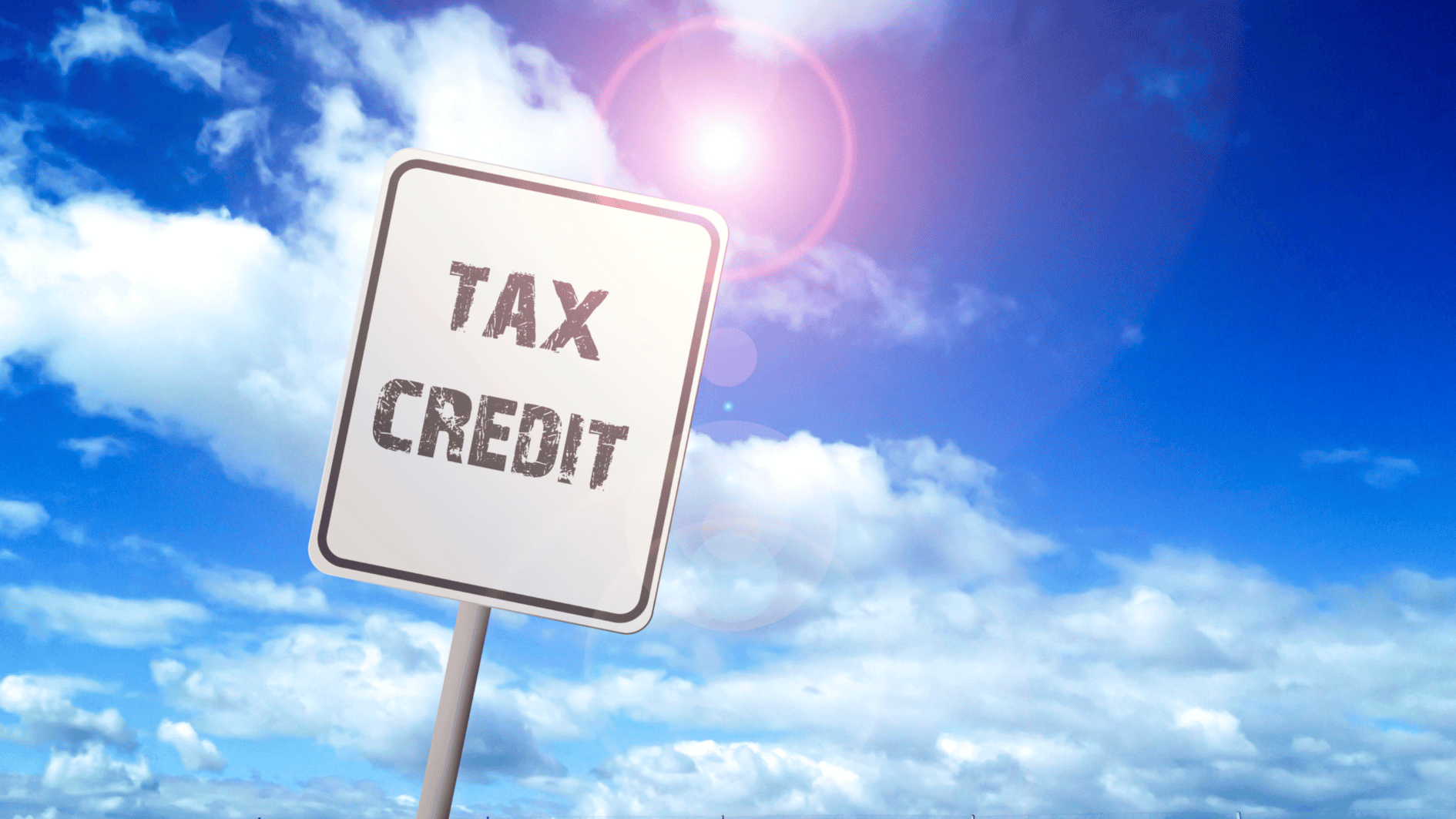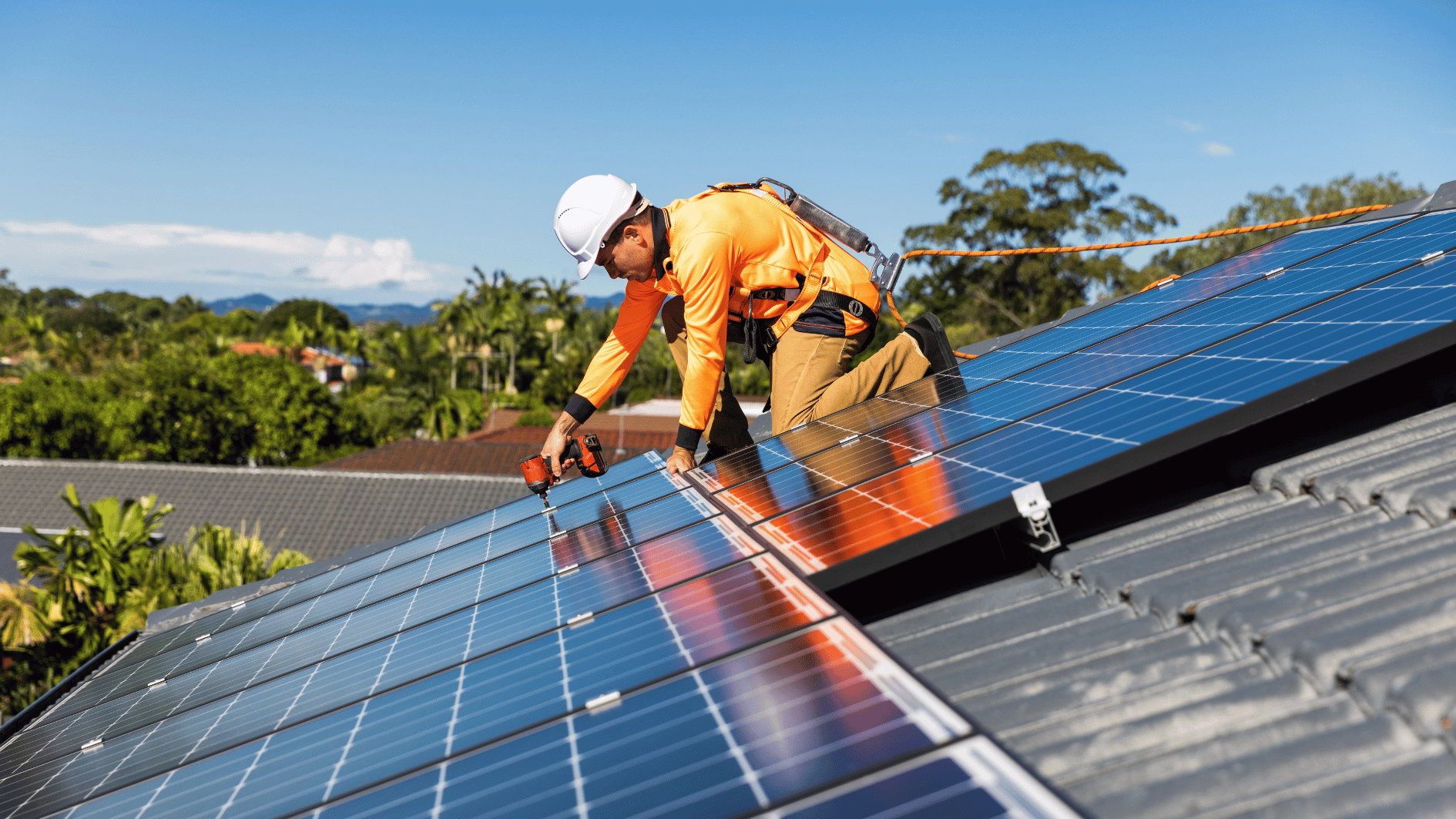Tax season is here, and if you’ve made energy-efficient upgrades to your home, you might still be eligible for valuable tax credits. Homeowners who installed solar panels, energy-efficient heat pumps, battery storage, or even electric vehicle chargers in 2024 can claim incentives that lower their tax burden. However, with a new proposal in Congress aiming to scale back these incentives, experts urge homeowners to act quickly before potential changes take effect.
What Tax Credits Are Still Available?
The Clean Electricity Investment Credit (CEIC) allows homeowners to offset the cost of renewable energy upgrades. Here are some of the key incentives still in place for 2024:
Solar Panels & Battery Storage
Up to 30% of installation costs covered
Energy-Efficient Windows, Skylights & Insulation
Savings on upgrades that reduce home energy use
Heat Pumps & Energy-Efficient HVAC Systems
Rebates and tax credits available
Electric Vehicles (EVs) & EV Chargers
Credits for purchasing qualifying EVs and installing home charging stations
These incentives are expected to remain available until at least August 2025, but legislative uncertainty means that early adoption is the safest option for homeowners looking to cut costs.

Key Solar Incentives in the U.S. in 2024 You Should Know
Congress May Repeal These Incentives – What Happens Next?
Clean energy tax credits have been instrumental in making solar power, EVs, and energy-efficient home improvements more accessible. In 2023 alone, more than 3.4 million Americans used these credits, saving over $8 billion in total. But now, Congress is considering rolling back or eliminating these incentives, citing budget concerns. If this happens:
❌ Fewer homeowners will be able to afford solar and efficiency upgrades
❌ Upfront costs for clean energy solutions will rise
❌ Job growth in the renewable energy sector could slow down
Supporters of clean energy argue that these incentives reduce energy costs for families, create jobs, and cut pollution, while critics claim they represent unnecessary government spending.
How Homeowners Can Take Action
If you’re planning to invest in solar, EVs, or home energy upgrades, here’s what you can do:
Claim available tax credits now
File for eligible deductions before the next tax cycle.
Explore state & local incentives
Many states offer additional rebates beyond federal programs.
Contact Congress
Lawmakers need to hear from constituents who support renewable energy.
By taking action now, homeowners can maximize savings and contribute to a cleaner energy future – before any policy changes take effect.
The Future of Clean Energy Tax Credits
Clean energy incentives have played a crucial role in making solar, EVs, and energy-efficient upgrades affordable. Whether Congress decides to keep or repeal these benefits, the momentum toward renewable energy adoption remains strong. For those considering a switch to solar or energy-efficient technology, now is the time to act. The window for claiming these tax credits may be closing soon.
Would you like assistance finding local solar incentives or installers? Explore our resources on SolarWiki to make the most of your clean energy journey.





